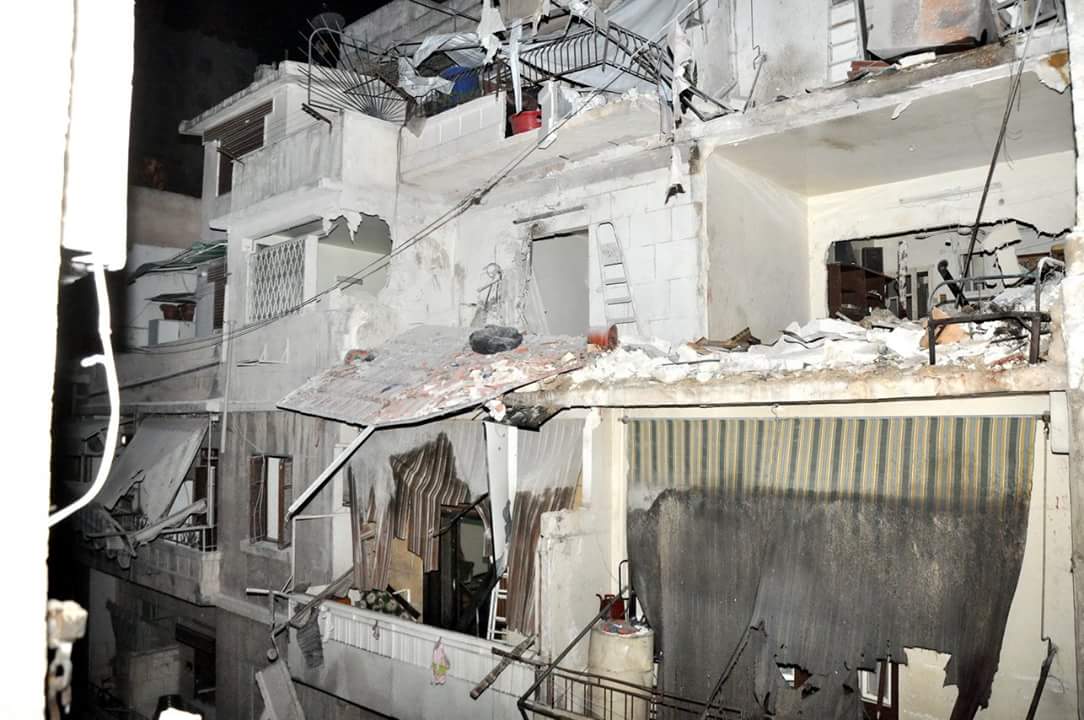|
Aid to the Church in Need books record year--focus remains on Middle East
Wednesday, July 6, 2016
"We are a lifeline for the Church in the Middle East."
By Joop Koopman
NEW YORK—Aid to the Church in Need (ACN)—a
pontifical charity that supports the suffering and persecuted Church around the
world—has reported a record amount in donations for 2015. The organization
raised $138 in contributions, an increase of 15 percent compared to 2014.
In 2015, the agency funded more than 6200 projects in more
than 140 countries around the world—but, as in the previous year, the bulk of
the aid was earmarked for Christians persecuted and displaced in Syria and Iraq,
as well as those Christians—exiled from those two countries—who are stranded in
Lebanon as refugees.
“We are a lifeline for the Church in the Middle East,” said
ACNUSA Chairman George Marlin, reporting that the organization last year spent
more than $20M in providing Christians in Iraq, Syria and Lebanon with shelter,
food, medical care, and education for children and youth.
However, “the needs of Christians in the Middle East
continue to escalate,” said Marlin, stressing that “Catholic and Christian aid
agencies alone cannot get the job done.” He added: “the situation is getting to
a breaking point, particularly in Lebanon—whose population doubled because of
the influx of mostly Syrian refugees—and in Syria where continued fighting
among various factions is spurring the emigration of large numbers of the
remaining Christians.”
What’s more, said the author of “Christian Persecutions in
the Middle East: a 21st Century Tragedy” (St. Augustine’s Press),
the large concentration of refugees in Lebanon—destitute, unable to find
employment, and increasingly desperate—makes for a “breeding ground for
terrorism;” and ISIS will take advantage of the situation, as was evidenced in
the recent suicide-bombers’ attack on the Lebanese Christian village of al-Qaa.

The US and its Western allies and allies in the region, said Marlin, must do
much more than bring a halt to the fighting across the region; besides ensuring
that adequate humanitarian aid is delivered to those who need it most, he said,
“plans must be put in motion now so that refugees—Christians and Muslims alike,
particularly those in Lebanon—can eventually return to their homeland.” Once
there, he continued, “international powers must guarantee the rights of
religious minorities to remain in their ancestral lands and give them the means
to survive.”
Long-term planning, said Marlin, must therefore include
large-scale reconstruction and job-creation projects. “It is not just a matter
of defeating ISIS,” he argued, “but of developing a kind of Marshall Plan for
the region, a holistic strategy to win the peace.” Only genuine, “comprehensive
peace-building” can put a halt to the “unfolding human tragedy of epic
proportions” that is engulfing the region and spilling over into Europe as
well.
“Our leadership must have the political will to look beyond
self-interest and serve the common good,” Marlin stressed. Meanwhile, ACN and
other Church-run agencies will continue to meet the most urgent needs of
Christians in the Middle East. “But time is running out,” Marlin concluded.
Destruction in the Christian quarter of Aleppo, Syria; ACN photo
|
|
|